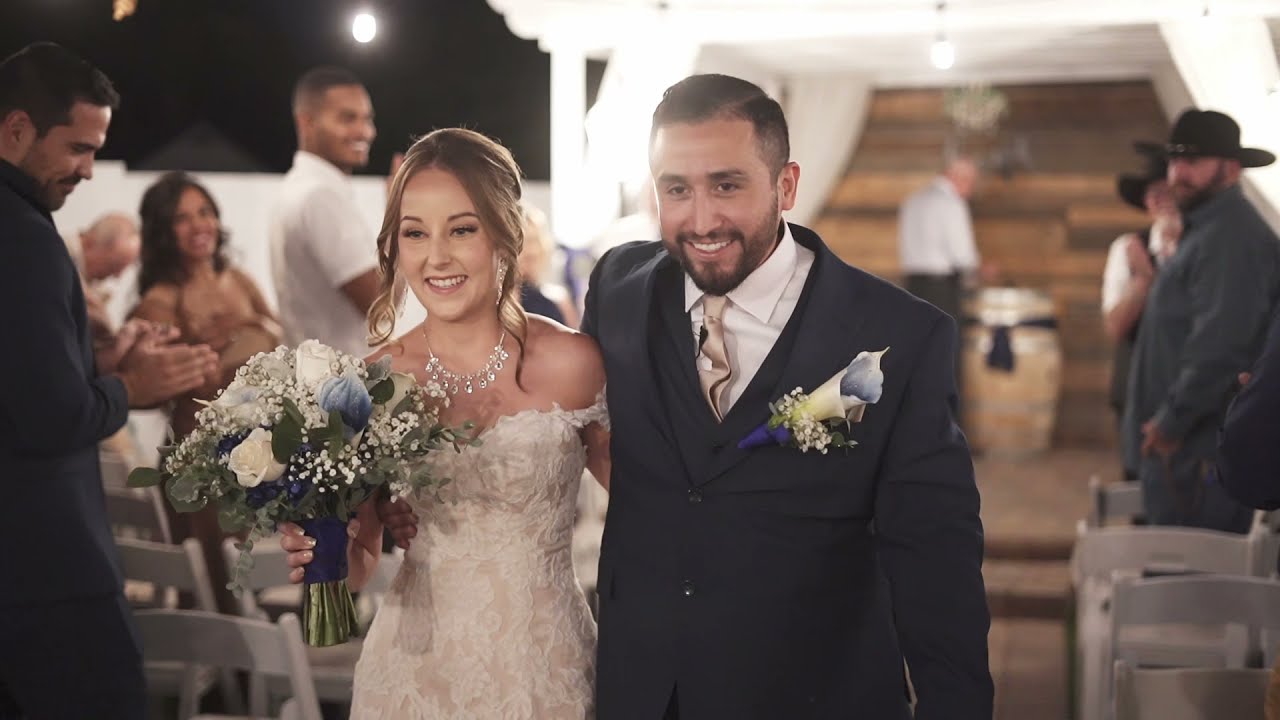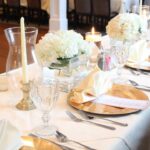There are many questions to ask when booking a wedding venue. Some of these concerns are Restrictions, Deposit, Equipment available, and more. Here’s a list of the most important questions to ask when booking a venue. Read on for some valuable information! Listed below are some of the most common questions to ask when booking a wedding venue. Make sure to ask them all before you make your final decision.
Common questions to ask wedding venue staff
One of the first things you should ask when booking a wedding venue is whether or not the venue offers additional services, such as cake cutting, bar staff, and cleaning. Some venues charge a deposit and will not allow you to decorate their space until you pay the final balance. Regardless of the size of your deposit, it’s wise to ask the venue whether they offer discounts for weekday weddings, off-season events, and teachers and front-line healthcare workers.
You’ll also need to know how many guests the venue can accommodate. Are you planning a day wedding or a nighttime wedding? Will your ceremony be seated or standing? Are you going to need certain spaces for the reception? Once you’ve determined how many guests you want to invite, you can narrow down the list by asking each venue this question. The most important of all is to check if the wedding venue is licensed for civil ceremonies.
Whether or not the venue has a licensed bar is also a good question to ask. Make sure you ask if the venue offers a corkage fee if guests bring their own alcohol. This can add up over time. Lastly, find out when the venue will start setting up and decorating. Make sure to ask ahead of time to make sure you’re able to do everything you need before your big day.
Whether or not you want live music or a DJ is another question to ask when booking a wedding venue. Some venues have sound limiters that prevent outdoor entertainment, but many wedding bands work with sound limiters. Some venues also require a band to use the venue’s in-house sound system, which can be awkward. While many wedding bands can use the venue’s in-house sound system, some require a band to use a PA that the venue provides.
Are there any restrictions in a wedding venue?
Before selecting a wedding venue, know what the laws are regarding cleanliness and health. In recent years, the coronavirus outbreak has affected wedding planning, threatening the future of 2021 and beyond. In response to the threat, wedding venues are doubling down on sanitation and health protocols. Here are some tips to avoid getting sick. Also, check to see if the wedding venue offers face masks for guests. This is a good rule to follow if you don’t know the laws regarding facial masks.
In Scotland, the number of guests a wedding can accommodate depends on the size of the venue. Indoor weddings are limited to thirty people. There are also limits on the number of people who can be seated in a private home. The size of the venue and Covid’s assessment of risks will determine the number of guests allowed. In addition, any food served must be plated and arranged for a hygienic environment.
While most wedding venues offer a range of amenities and services, it is important to check if they fit within your budget. Keep in mind that many elements of wedding venues are designed to maximize your budget. Be sure to pay attention to packages and capacity of the venue to avoid wasting money on space you’ll never use. If you can, opt for a venue with more space to accommodate all of your guests. And if you’re on a tight budget, you’ll be grateful you did.
You’ll want to check the venue’s requirements for a liquor license. If you’d like to serve alcohol, you’ll want to ensure that the venue is licensed and provides bar service. You can choose a cash bar or an open bar, but you’ll need to hire bartenders. Be sure to ask about the venue’s policies regarding alcohol and face coverings. Whether the venue has a stage or just a room, it’s likely to be covered by some kind of law. Moreover, the venue should be able to accommodate both the wedding ceremony and the reception.
Is a deposit required?
The first thing you should look for when booking a wedding venue is how much of a deposit is required. You may be surprised to find that some places only require a deposit of a small fraction of the total cost. Often, wedding venues will not disclose any other fees, including taxes and gratuity. You should also check on any restrictions the venue has on video and photography. Then, find out if there is an outdoor or indoor space, a generator, and whether or not the venue is equipped to host both the ceremony and reception.
You should also find out whether the venue requires a nonrefundable deposit. In some cases, the deposit may be as high as 50 percent of the total package price. You will typically need to pay the remaining balance 60 days before the wedding date. If you are not happy with the date or location, you can try to reschedule your wedding for another time. Be aware that you will likely be charged a small additional fee for rescheduling your wedding.
Another important aspect of a wedding venue is its cancellation policy. If there is a cancellation policy, it should be stated in the contract. In addition, you should find out whether the venue will leave any trash behind after your wedding. If you have a particular question, ask the venue manager about it. You may find that they can answer your question and help you to make a final decision. If you are still unsure, check out their website for more information.
Usually, wedding venues do not accept credit cards. However, there are a few exceptions. Some venues allow credit cards but will hold a deposit until after the wedding. Using your credit card for wedding expenses is a great way to rack up points or miles! But it is important to confirm whether or not the venue offers a rewards program so you can earn reward points. However, be sure to ask if the venue offers this program.
Is equipment available?
Regardless of what style of wedding you’re planning, there is a wide range of equipment that is available to rent from your venue. It can save you a lot of time and money if you can make use of some of the equipment that the venue offers. Find out what kind of audio-visual equipment, lighting, and decorations are available at the venue. Ask if the venue has staff on hand to assist with setup and breakdown.
Ask the venue manager if they offer lighting. Ask about the types of flame candles that are allowed, as well as the number of battery-powered ones. Find out whether the venue has an electrician or if you’ll need to hire one. If the venue does not have a lighting system, make sure to ask about the location of any outlets. Check whether there are any extension cords provided, and if the venue provides a shuttle service for late arrivals.
If you’re planning a large wedding, it is a good idea to ask whether the venue has any equipment that you’ll need. Wedding lighting, for example, will help you set the mood you’re after and create an unforgettable event. Similarly, sound equipment, such as a DJ, will provide the background music. You’ll also want to ask the venue if there are any limitations on where you can hang anything.
Ask if the venue offers equipment for video and photo shoots. If so, make sure to ask about it on the venue’s website. You should also check out the contact details of other businesses who have worked at the venue. This way, you’ll avoid a surprise down the line. A great way to avoid surprises is to schedule a site visit before your wedding date. This way, you can make sure to choose the right venue before the wedding date and schedule everything around it.
Is reschedulung available?
A rescheduled wedding date is an extremely important factor to consider when booking a wedding venue. After all, you will need to contact all vendors involved with the wedding and make sure they have your new date open. The same applies for your wedding party. If you are having multiple weddings on the same weekend, the venue may be able to accommodate more than one wedding on that day. Be flexible and open-minded when booking your wedding venue.
One of the most important steps in rescheduling a wedding is to make sure you communicate with your wedding vendors and your guests. If you are unable to attend the wedding, they may assume that it has been rescheduled. If this is the case, you should update your wedding website. Contacting your guests directly is another great idea. You should also send a new save-the-date to let them know about the new date and update them on the new information.
Another key factor to consider when rescheduling a wedding is how you notify your guests. It may seem easy to simply send an email or mail, but the reality is that many Saturday dates are already taken. It may not be possible to reschedule your wedding on a Saturday, especially if it’s during prime season. However, you can make your guests aware of the new date by asking vendors and wedding venues for remaining dates and locking down the date you are most comfortable with.
Another thing to consider is whether the new date will affect your wedding vendors and/or the venue. Sometimes a postponed wedding can bring unexpected benefits. Vendors and venues may become available for your wedding date, while your guests might be able to attend. If your wedding is postponed, you should consider other options, such as a weekday wedding. However, it is essential to remain flexible when rescheduling your wedding.

